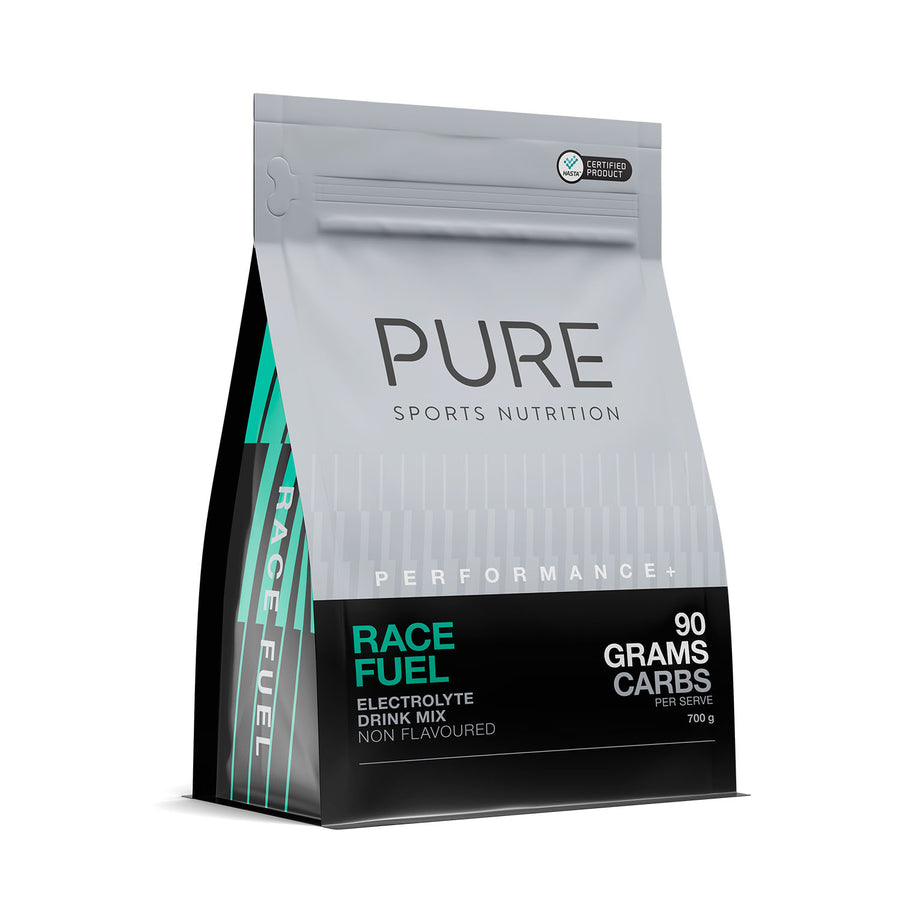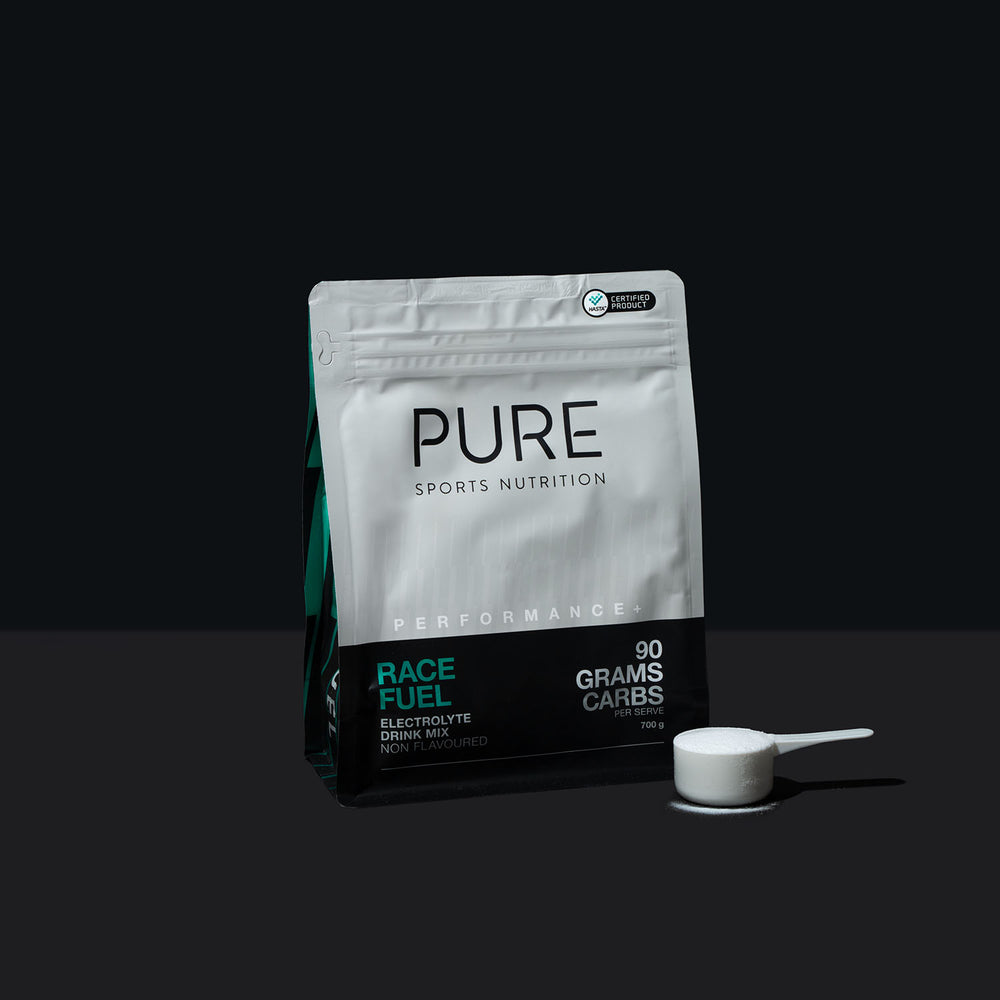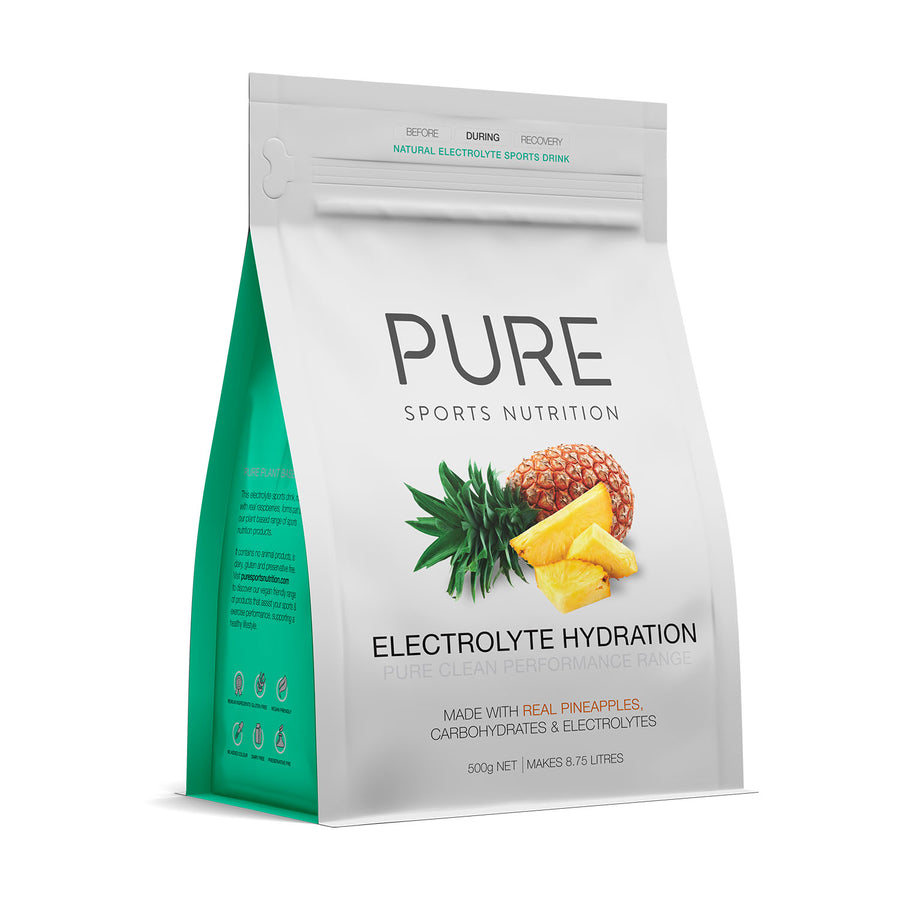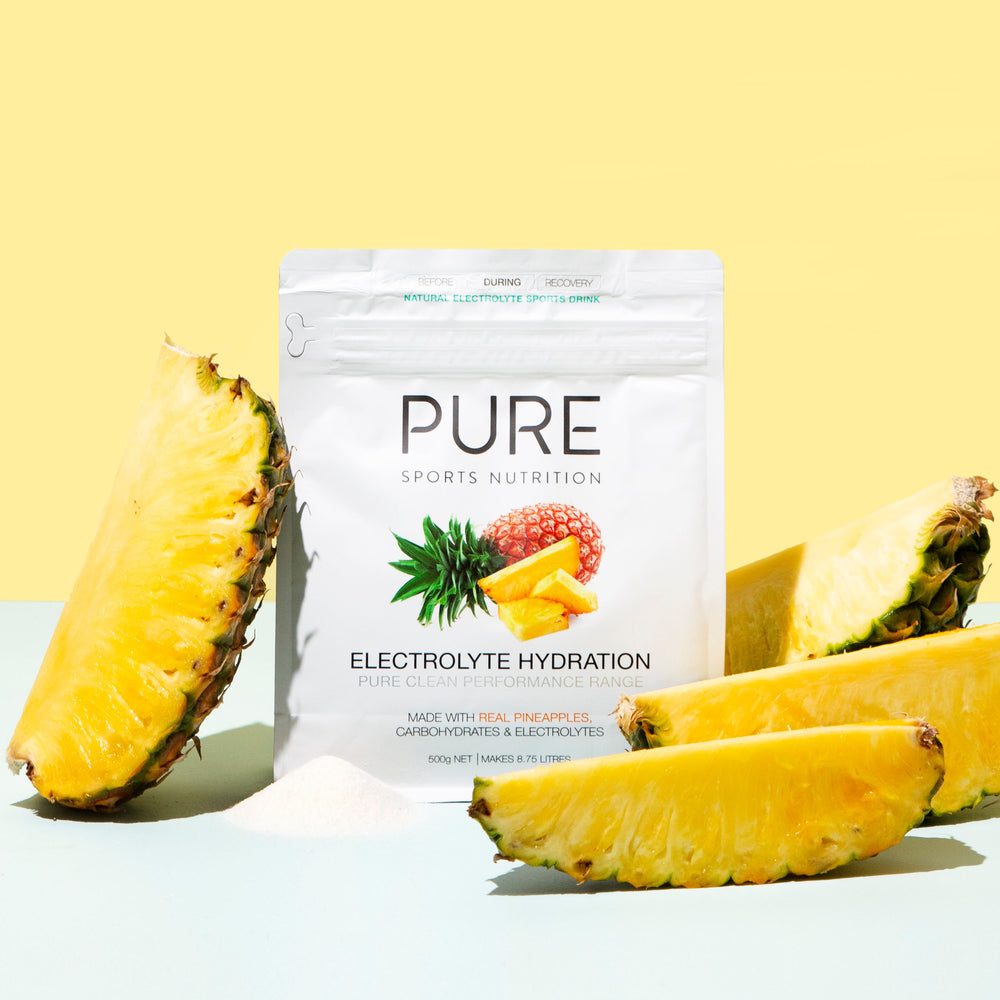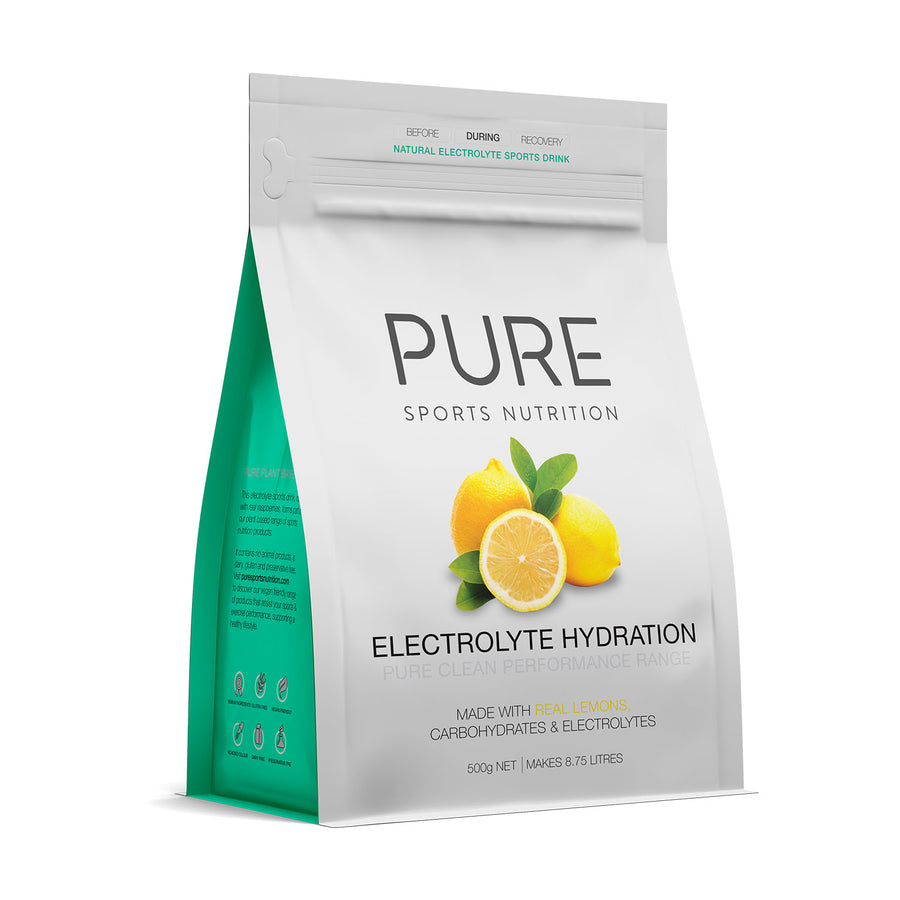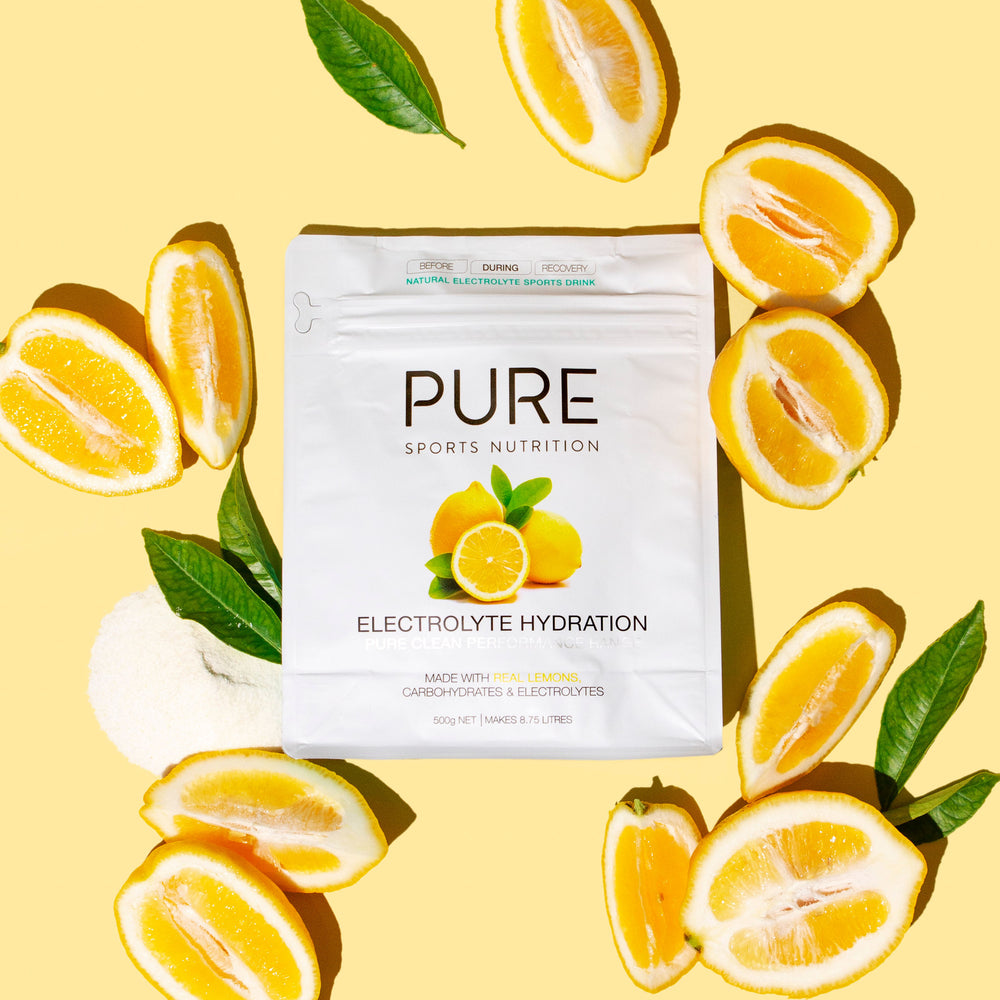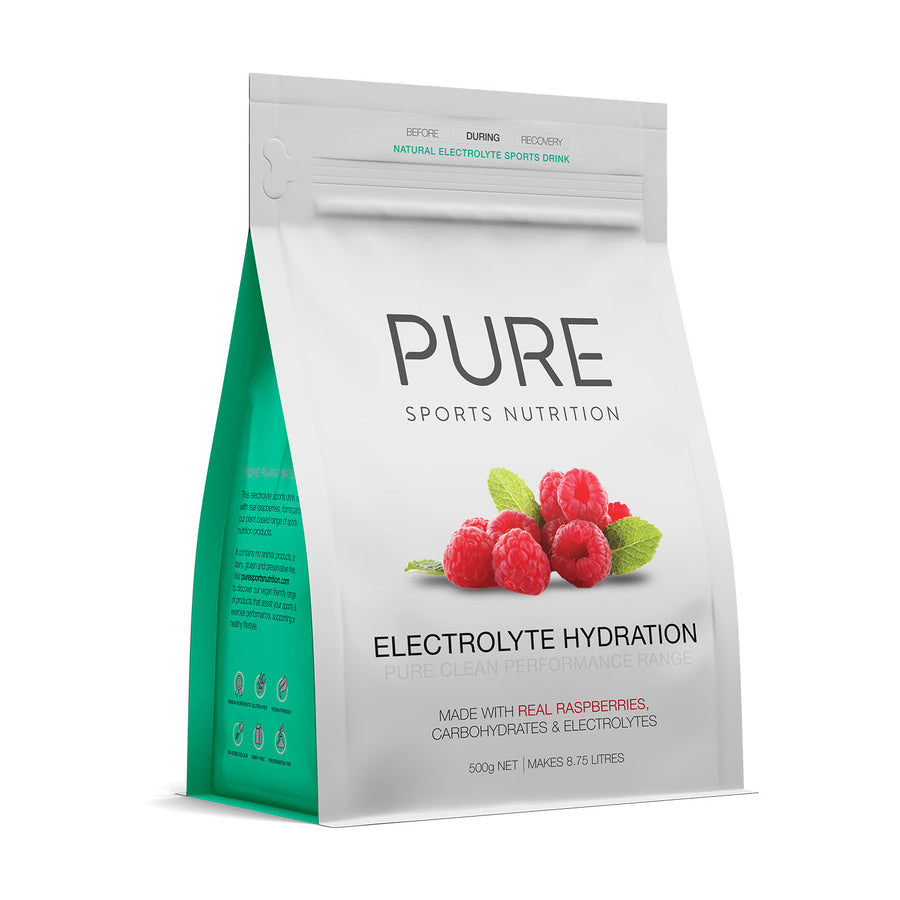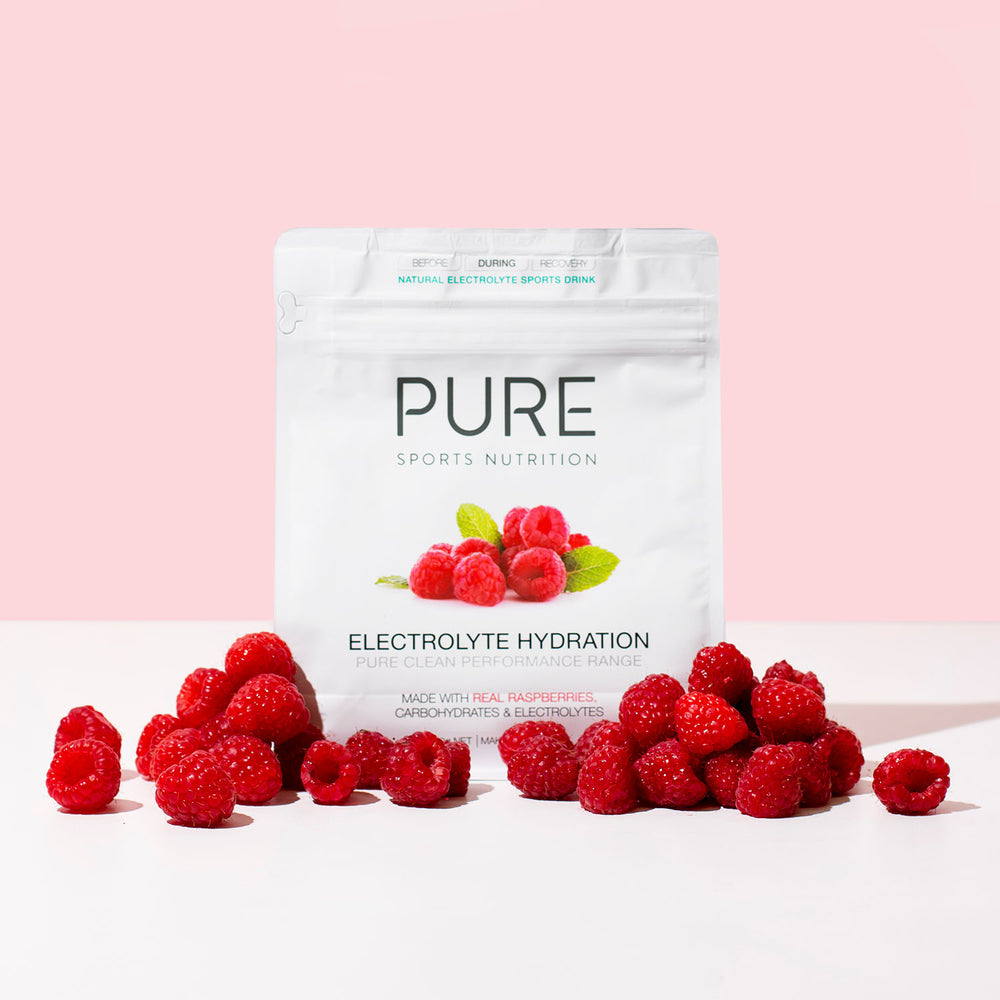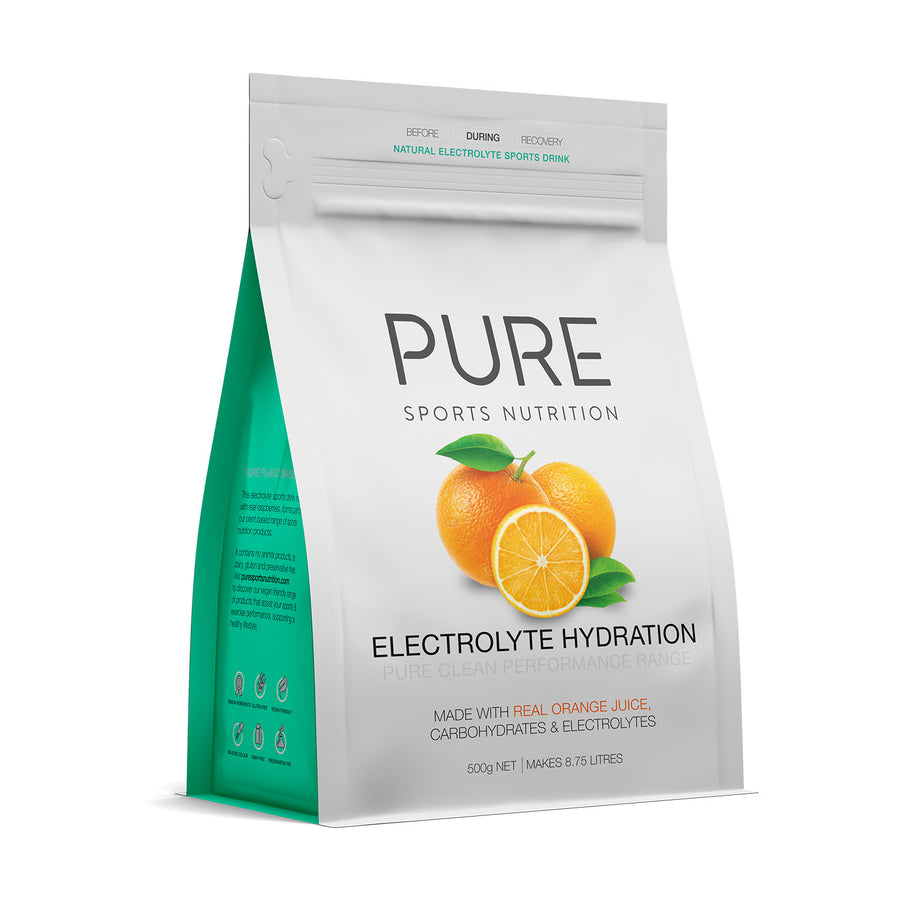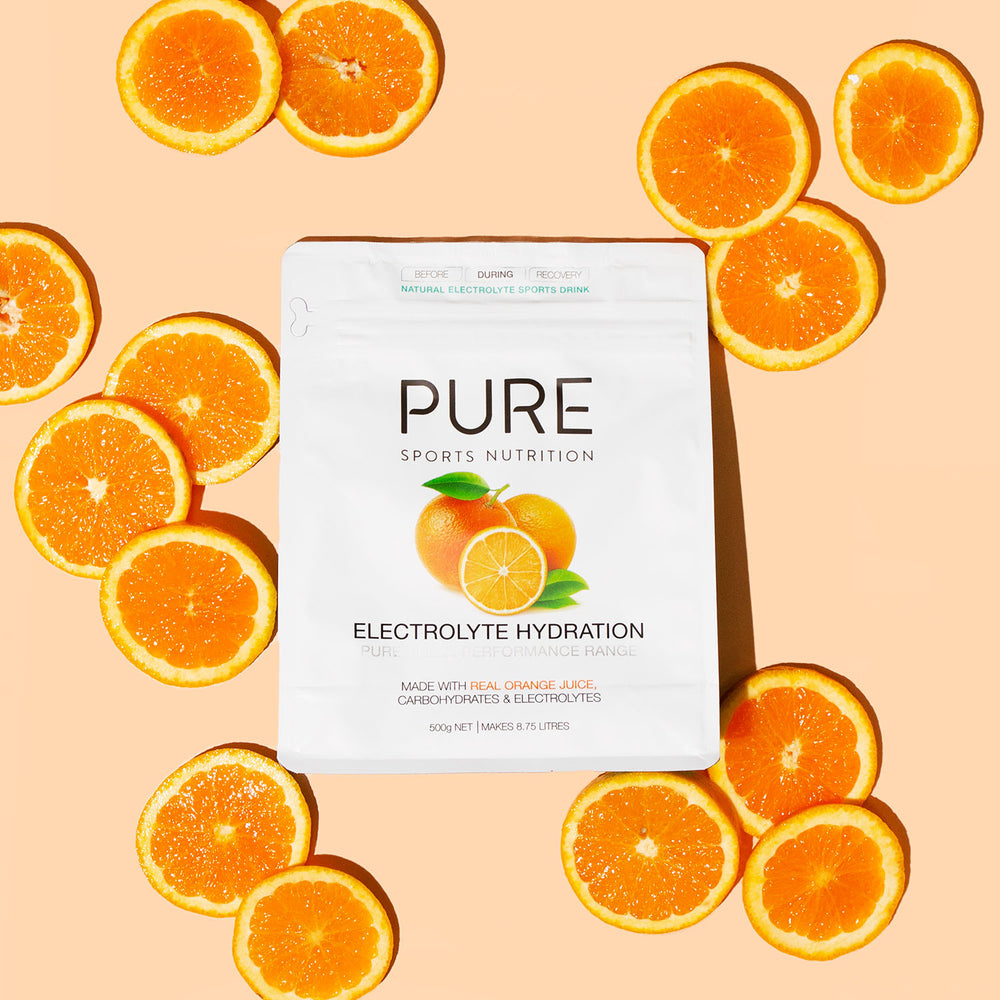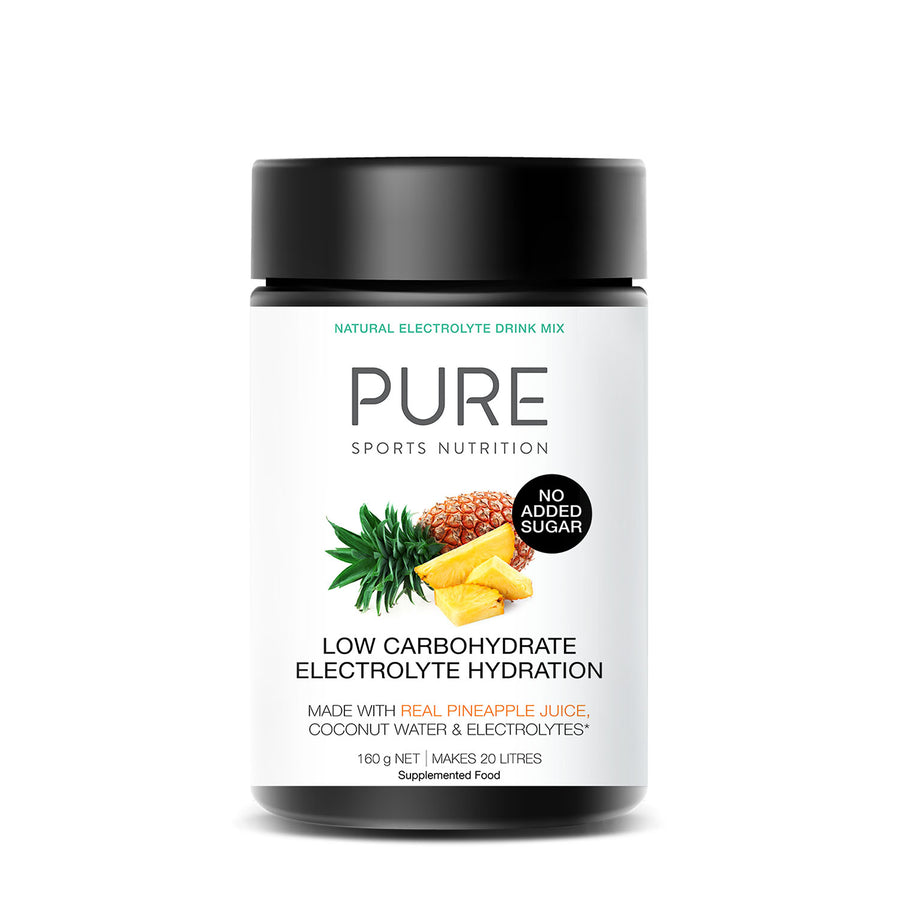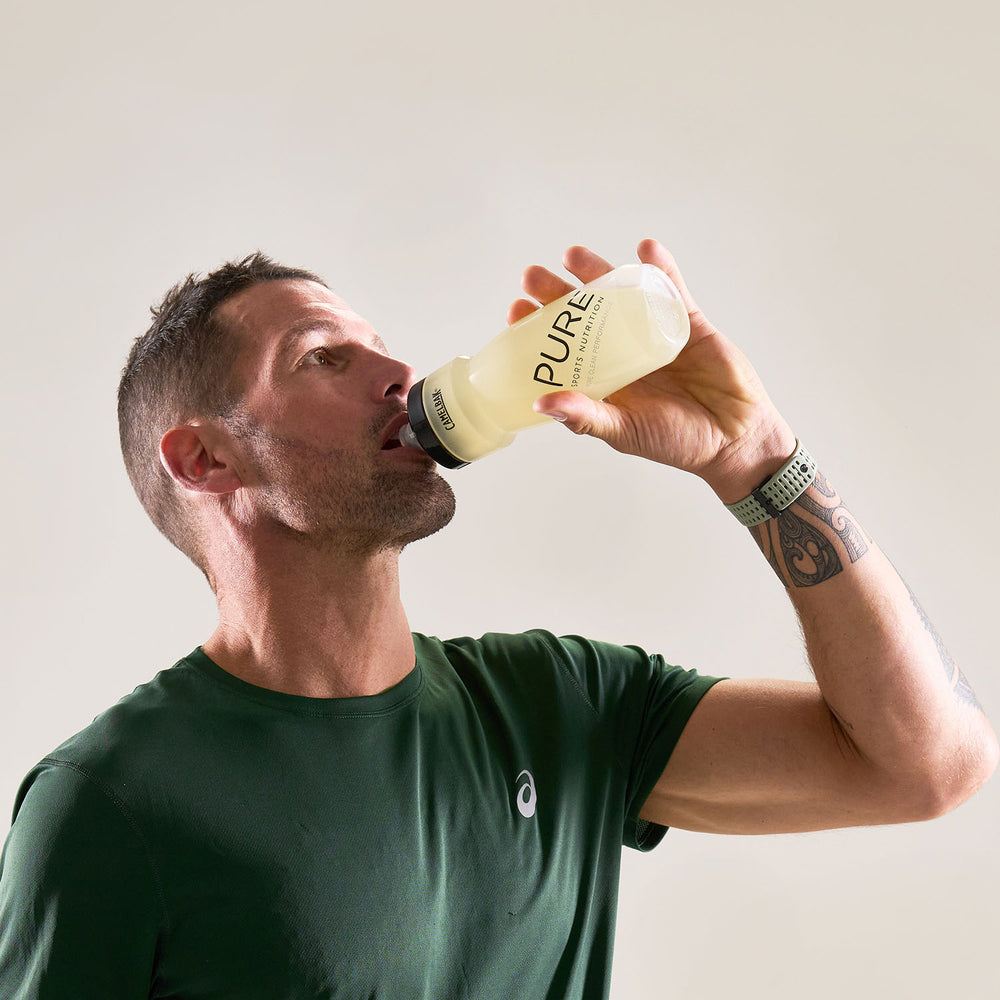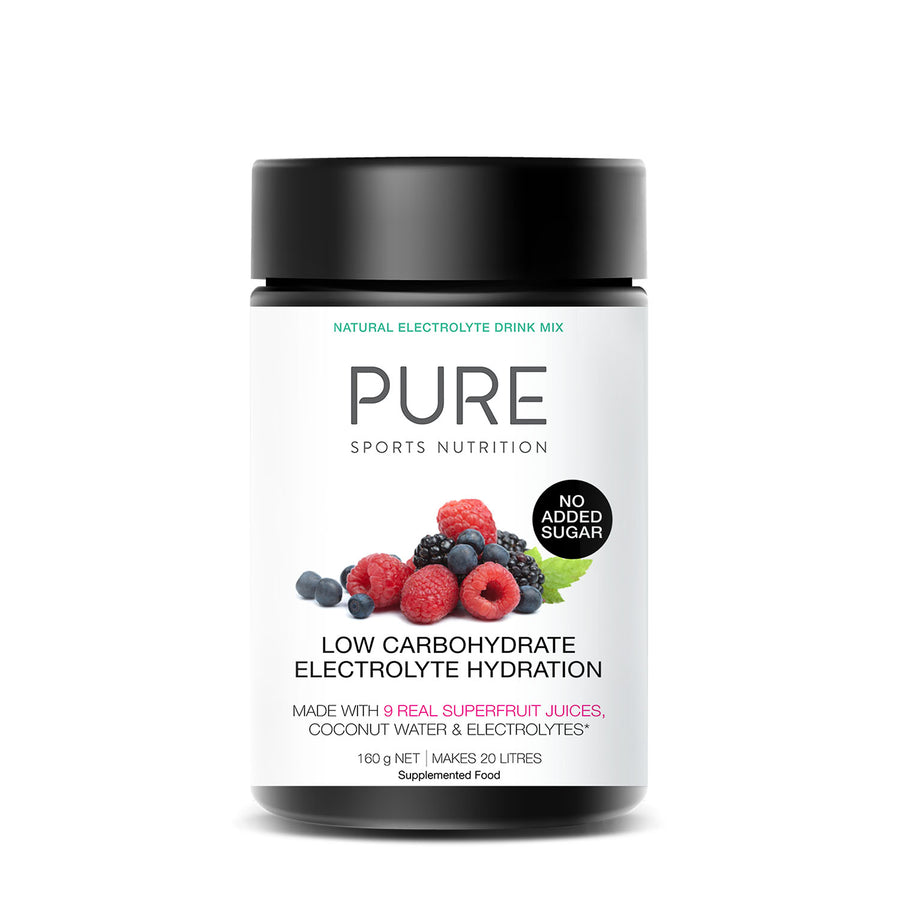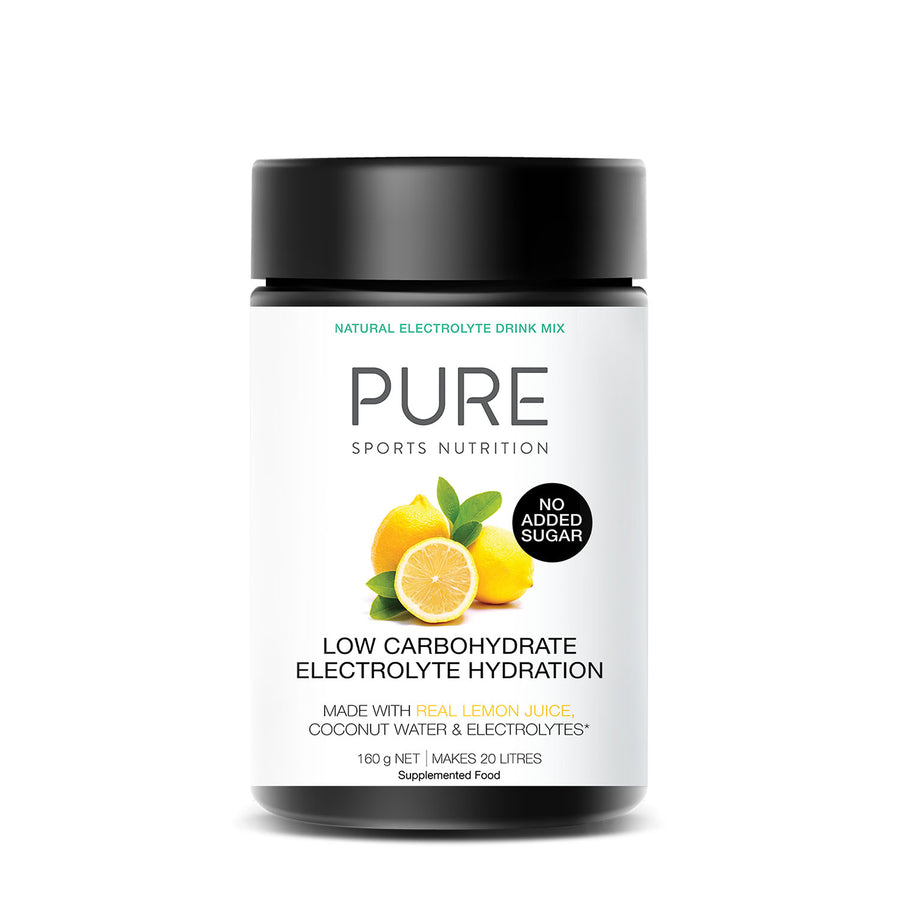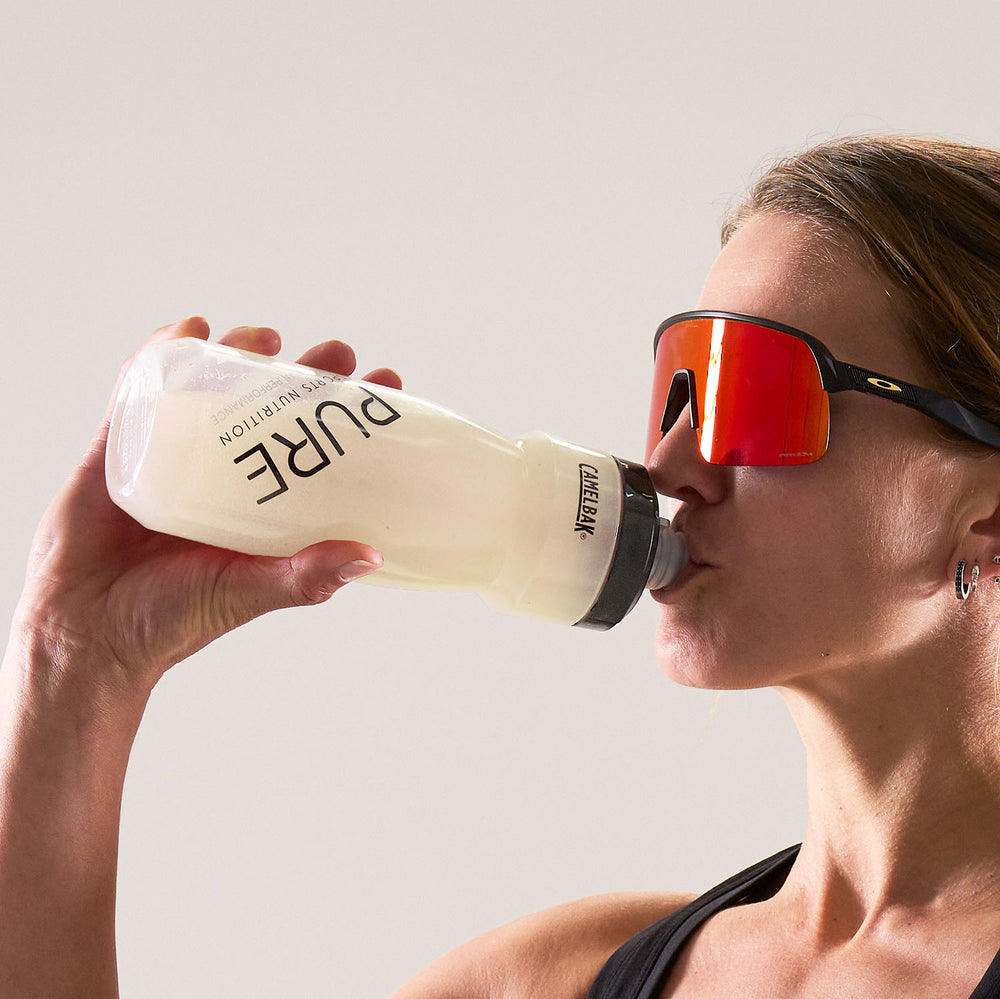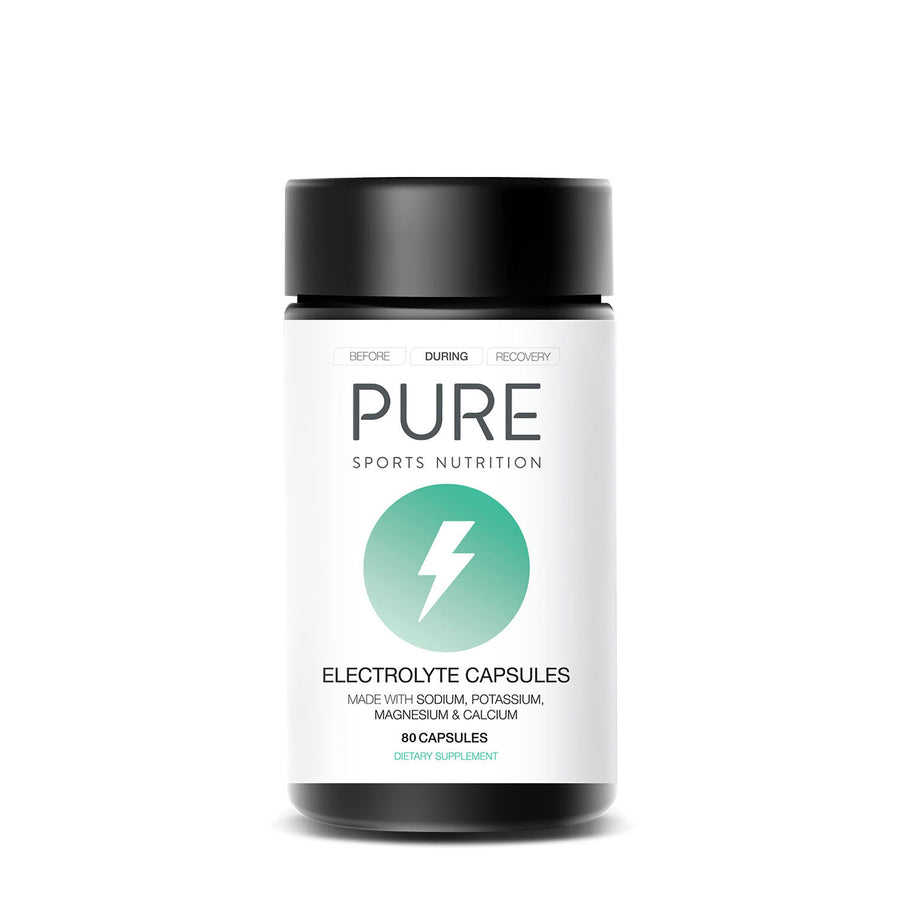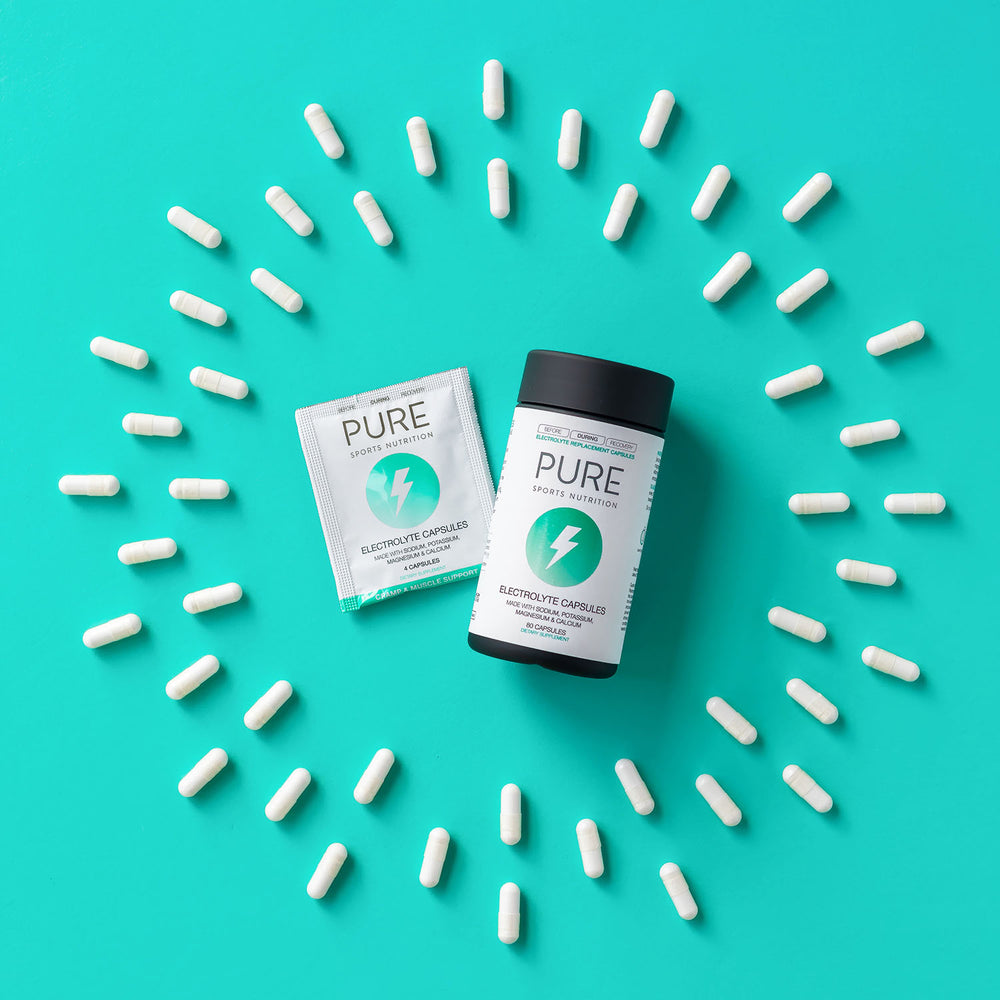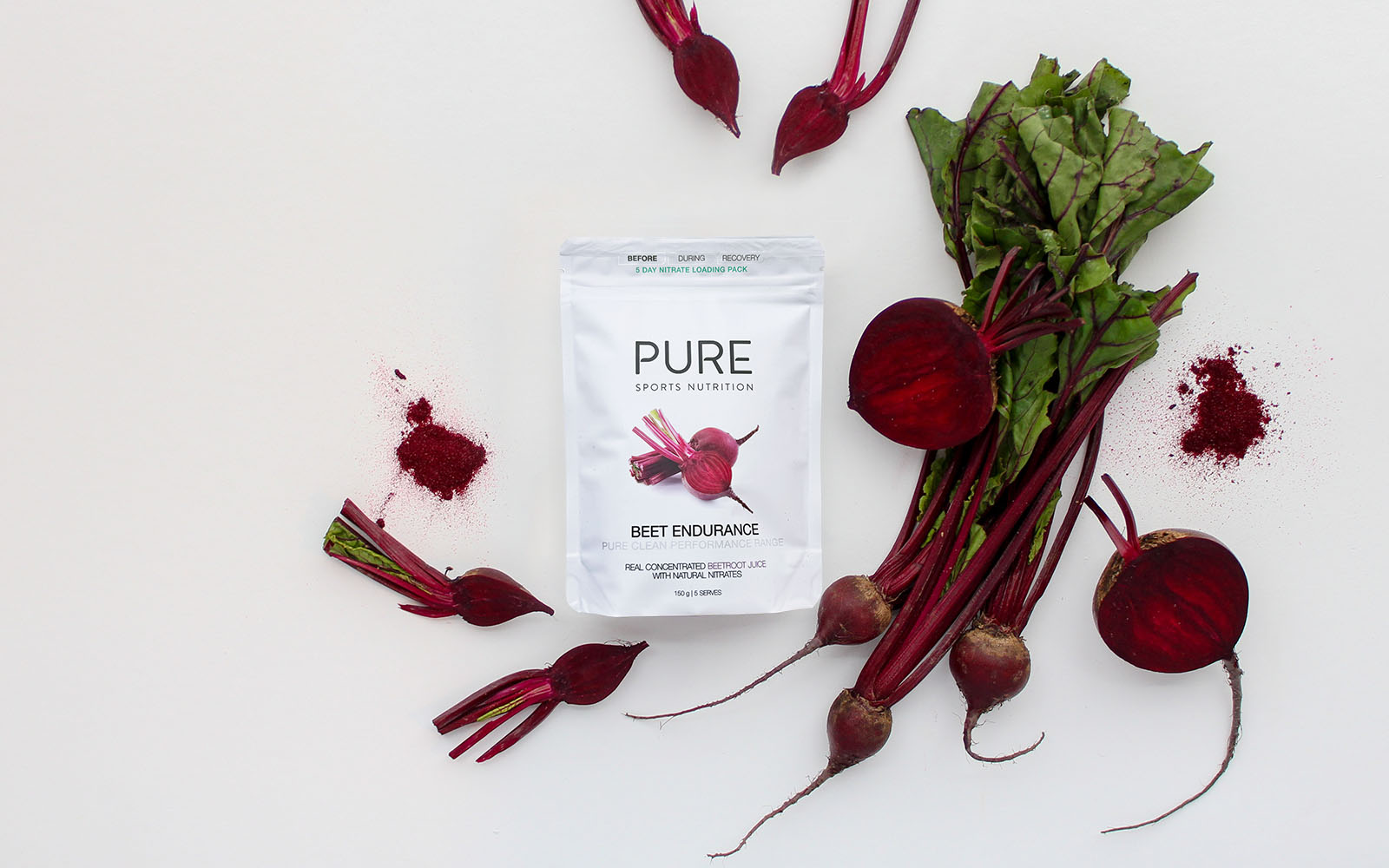
Beetroot in Sport - Preload to Boost Performance
It is fair to say the secret is out. The science behind beetroot loading is solid and it appears common practice these days for both elite and recreational athletes to load pre event to boost performance. Now let's simplify the when/ why/ how this weapon of choice works.
How does it work?
Turns out good old beetroot happens to be high in a naturally occurring compound called nitrate. Once in the body, nitrate is converted to nitric oxide (also naturally occurring) which in simple terms helps to open up our blood vessels.
But as a side note, our saliva plays a role in this conversion so best to have it before you brush your teeth or avoid chewing gum/ using mouthwash around supplementation time to avoid interference with the process.
Why is this helpful in exercise?
The dilated blood vessels help deliver more oxygen, nutrients and clear waste products from your hard-working muscles. This lowers the stress placed on your body, therefore helping you to exercise for longer and/or harder.
Can anyone use it?
Essentially beetroot is a natural food, just ensure you follow the golden rule of practising race day nutrition in training to make sure it works for you. Also if you have low blood pressure or are on blood pressure medication then check with your health professional.
When should i take it?
There are two main ways to supplement with beetroot:
- You can preload on beet in preparation for an event to build up the nitric oxide levels in your blood. To do this begin taking 30g of PURE Beet Endurance powder each day in the 5 days leading up to race day. The powder can be added to water, smoothies or used in food.
- For those that have weekly events, competitions or team sports, having the equivalent of 30g of powder 2-12 hours prior is proven to help performance (see journal articles below for further data).
What about use in training?
Essentially beetroot helps lower the stress the body is placed under, helping you to perform at a higher capacity. The reason we train is to stress our bodies to adapt to get fitter, faster and stronger. So while you may gain some benefits from training harder using beets, you may not notice a major difference between training and racing/game day performances.
Can I get nitrates from foods?
Yes, however, remember beet supplements are very concentrated (PURE Beet Endurance is over 10X concentrated, which is equivalent to 1.6kg fresh beetroot juice).
It is made by freeze drying concentrated beetroot juice to maintain its freshness qualities with no additives or preservatives, and contains naturally occurring nitrates. Every 30g serving of PURE Beet Endurance has on average 369mg nitrates, so it pays to check the nitrate levels in each beet product you are considering.
So it would take a lot of whole beetroots (or nitrate containing foods) to see the same sports benefits. It is a matter of personal choice and convenience for your daily nutrition routine, whether you opt for whole/raw beets or a concentrated form.
Foods containing nitrates are however good for general health and an important part of a balanced diet which supports training and racing. Some examples include rocket, rhubarb, spinach and silverbeet.
Additional Reading:
- Beet Juice as a Physical Performance Enhancer, Natural Medicine Journal (Feb 2014, Vol. 6, Issue 2)
- Effects of Dietary Nitrate Supplementation in 5km Running Time Trial Performance, British Journal of Sports Medicine (2013, Vol. 47, Issue 17)
- Nitrate supplementation’s improvement of 10-km time-trial performance in trained cyclists, International Journal of Sport Nutrition and Exercise Metabolism (Feb 2012, Vol. 22, Issue 1)
- How beetroot can enhance your performance - BBC Reel
